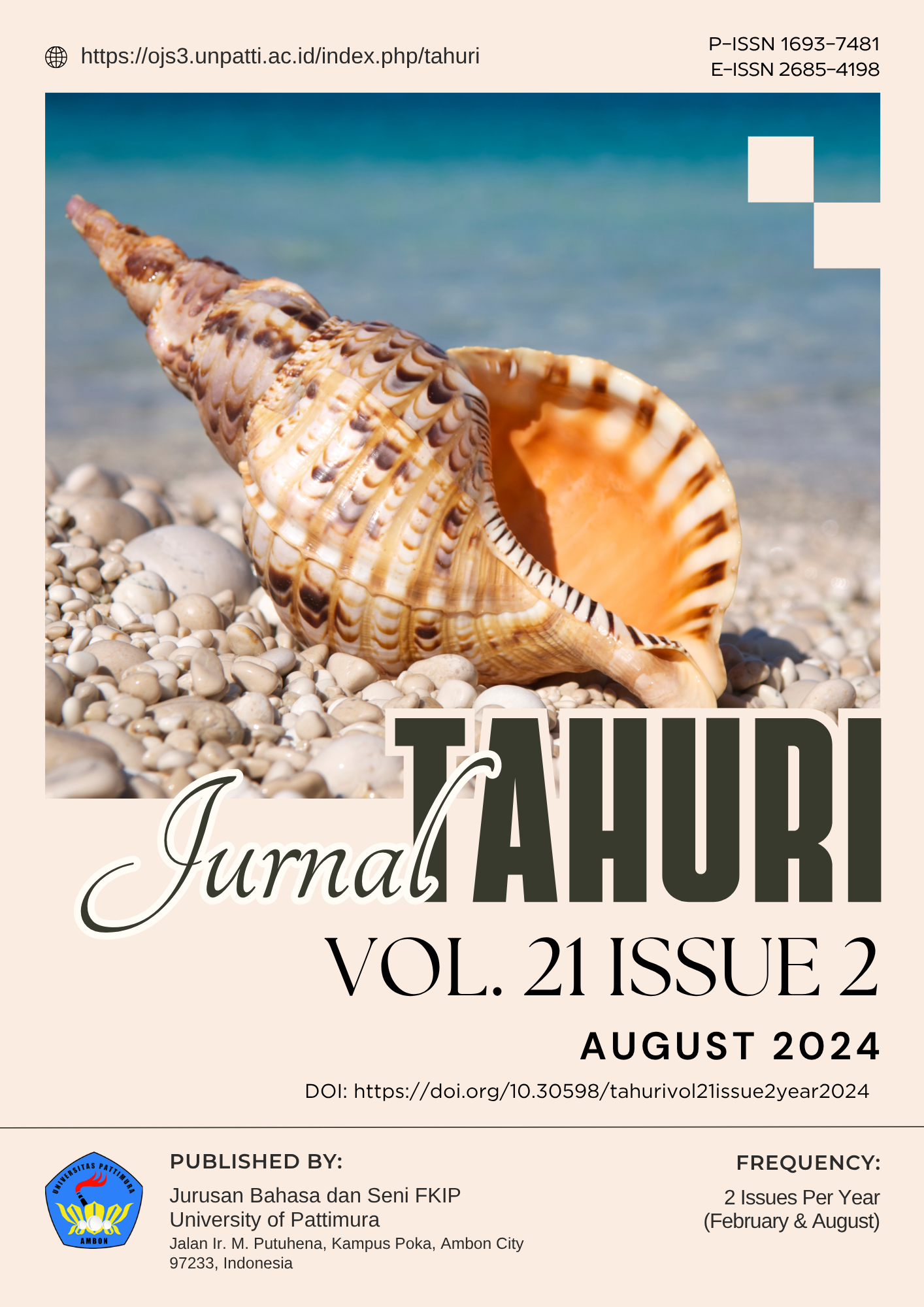Task-Based Language Teaching through Songs in Indonesian Secondary Schools
Abstract
English language teaching in Indonesian secondary schools remains largely grammar-focused, providing limited opportunities for communicative and creative engagement. This study investigates the implementation of Task-Based Language Teaching (TBLT) through songs as authentic learning materials in an Indonesian EFL classroom. Conducted at SMP Muhammadiyah 9 Jakarta, the research employed a qualitative descriptive–interpretative design involving one English teacher and approximately thirty eighth-grade students. Data were collected through classroom observations, in-depth interviews with the teacher and students, and documentation of teaching materials and student outputs. Thematic analysis focused on interactional patterns and their alignment with TBLT stages: pre-task, task cycle, and post-task. The findings indicate that the teacher effectively adapted TBLT by integrating English songs into meaningful language tasks, including vocabulary exploration, lyric completion, group discussion, and creative reflection. Students demonstrated higher participation, improved listening comprehension, and greater willingness to communicate. Songs also acted as affective filters, enhancing enjoyment and reducing anxiety. Supporting factors included the relevance of song choice and the teacher’s creativity, while time constraints and mixed proficiency levels posed challenges. This study contributes a locally responsive model of TBLT that positions songs as central communicative tasks, offering practical insights for teachers and policymakers aiming to foster communicative competence through creative pedagogies.
Downloads
Copyright (c) 2024 Syaima Lailatul Mubarokah, Sri Harmeidiyanti

This work is licensed under a Creative Commons Attribution 4.0 International License.




